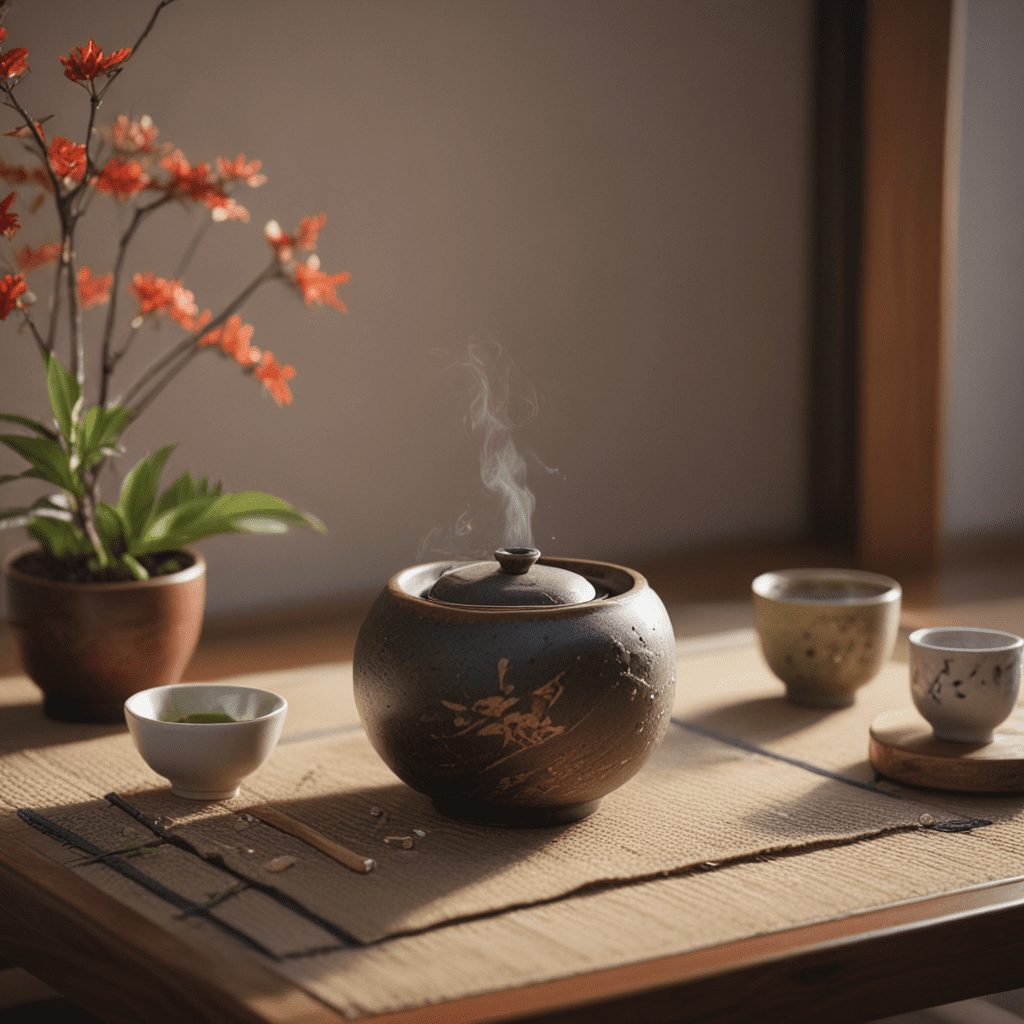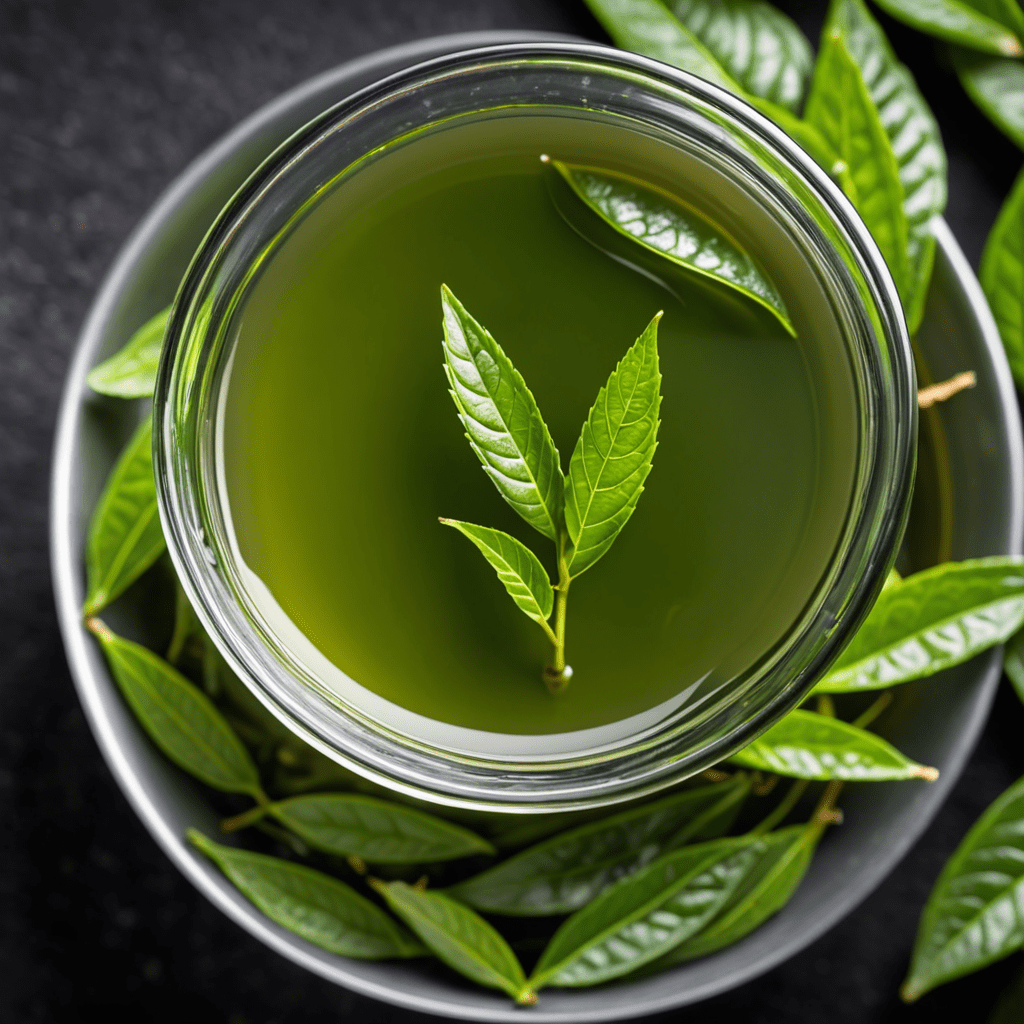Exploring the Rich Heritage of Assam Tea
1. Historical Roots: The Origins of Tea in Assam
Nestled in the verdant Brahmaputra Valley, Assam has been a cradle of tea cultivation for centuries. The indigenous tribes of the region have long consumed tea as a traditional beverage, using wild tea leaves from the Camellia sinensis var. assamica plant. The first commercial tea plantations were established in Assam in the mid-19th century, heralding a new era in the global tea trade.
2. Geographical Significance: The Unique Terroir of Assam
The exceptional quality of Assam tea is deeply rooted in its unique terroir. The region's alluvial soil, abundant rainfall, and subtropical climate create an ideal environment for tea cultivation. The Brahmaputra River's annual flooding enriches the soil with vital nutrients, contributing to the robust flavor and malty aroma characteristic of Assam teas.
3. Varieties and Flavors: A Spectrum of Delights
Assam produces a wide range of tea varieties, each with its distinct flavor profile. Orthodox black teas, such as Assam CTC (Crush, Tear, Curl), are known for their full-bodied, malty character and brisk finish. Green teas from Assam, on the other hand, exhibit a lighter, more vegetal flavor with subtle floral notes. The region is also renowned for its specialty teas, including the rare and exquisite Golden Assam, which boasts a golden-hued liquor and a delicate, fruity aroma.
4. Cultivation Techniques: Traditional and Sustainable Methods
Tea cultivation in Assam has evolved over centuries, blending traditional practices with modern techniques. Small-scale farmers often employ organic farming methods, utilizing natural fertilizers and pest control measures. Larger plantations adopt sustainable practices such as water conservation, agroforestry, and ethical labor policies. The preservation of the region's biodiversity is also a priority, ensuring the long-term health of the tea ecosystem.
5. Harvesting and Processing: From Field to Factory
Tea harvesting in Assam is a delicate process, with leaves plucked by hand during the optimal growing season. The leaves undergo a series of meticulous steps, including withering, rolling, oxidation, and drying, to develop their characteristic flavors and aromas. Traditionally, these processes were carried out manually, but today, modern machinery assists in some stages, ensuring efficiency and consistency.
6. Tea Gardens: A Symphony of Nature and Industry
Assam's sprawling tea gardens are a testament to the region's rich tea heritage. These manicured estates, often nestled amidst rolling hills and lush greenery, provide both a picturesque landscape and a vital source of livelihood for local communities. Visitors can immerse themselves in the serene beauty of the tea gardens, witness the intricate processes of tea cultivation, and learn about the history and culture surrounding Assam tea.
7. Trade and Commerce: A Global Beverage with Local Roots
Assam tea is a coveted commodity in the global tea market, with its robust flavors and distinctive character appealing to tea enthusiasts worldwide. The region's tea industry has played a significant role in the economic development of Assam, creating employment opportunities, promoting infrastructure, and contributing to the state's overall prosperity. Major tea auctions are held regularly in Guwahati, the gateway to Assam's tea trade, attracting buyers from around the world.
8. Cultural Significance: Tea as an Integral Part of Assamese Life
Beyond its commercial value, tea holds a deep cultural significance in Assam. The traditional Assamese tea ceremony, known as "Bor Chah," is an integral part of social gatherings and celebrations. Tea is served in small, bell-shaped cups, accompanied by local delicacies such as pitha (rice cakes) and laru (coconut balls). Sharing tea is a symbol of hospitality, friendship, and community in Assam.
9. Economic Impact: A Catalyst for Regional Development
The tea industry has been a driving force behind Assam's economic growth and development. Tea cultivation provides employment to a vast number of people, directly and indirectly, contributing significantly to the state's GDP. The tea industry also supports related sectors such as transportation, packaging, and tourism. Moreover, the presence of tea gardens has led to the establishment of schools, hospitals, and other infrastructure, improving the overall quality of life in tea-growing regions.
10. Conclusion: Celebrating the Legacy of Assam Tea
Assam tea is a testament to the region's rich heritage, blending history, geography, and culture. From its humble origins as a traditional beverage to its global commercial success, Assam tea has played a pivotal role in the lives of countless individuals. Its unique terroir, diverse varieties, and distinctive flavors continue to captivate tea enthusiasts around the world. As we celebrate the legacy of Assam tea, let us appreciate the dedication and passion of those who cultivate, process, and share this exquisite beverage with us.
Frequently Asked Questions
Q: What makes Assam tea different from other teas?
A: Assam tea is renowned for its robust, malty flavor and full-bodied character, which is attributed to the unique terroir of the Brahmaputra Valley.
Q: How is Assam tea cultivated?
A: Assam tea is primarily cultivated in the alluvial plains of the Brahmaputra Valley. Farmers employ traditional and sustainable practices, including organic farming and agroforestry.
Q: What are the different types of Assam tea?
A: Assam produces a wide range of tea varieties, including Orthodox black teas (CTC), Green teas, and specialty teas like Golden Assam.
Q: What is the cultural significance of tea in Assam?
A: Tea holds a deep cultural significance in Assam, where the traditional tea ceremony, known as "Bor Chah," is an integral part of social gatherings and celebrations.
Q: How does tea cultivation contribute to Assam's economy?
A: The tea industry is a vital part of Assam's economy, providing employment opportunities, stimulating related sectors, and contributing significantly to the state's GDP.


